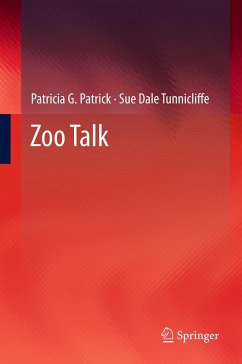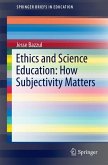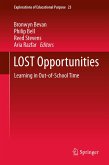Their analysis of the 'visitor voice' informs creative suggestions for how to enhance the educational experiences of young patrons. By assessing visitors' entry knowledge and their interpretations of the exhibits, the authors establish a baseline for zoos that helps them to refine their communication with visitors, for example in expanding knowledge of issues concerning biodiversity and biological conservation. The book includes practical advice for zoo and classroom educators about positive ways to prepare for zoo visits, engaging activities during visits, and follow-up work that maximizes the pedagogical benefits. It also reflects on the interplay between the developing role of zoos as facilitators of learning, and the ways in which zoos help visitors assimilate the knowledge on offer. In addition to being essential reading for educators in zoos and in the classroom, this volume is full of insights with much broader contextual relevance for getting the most out of museum visits and field trips in general.
Dieser Download kann aus rechtlichen Gründen nur mit Rechnungsadresse in A, B, BG, CY, CZ, D, DK, EW, E, FIN, F, GR, HR, H, IRL, I, LT, L, LR, M, NL, PL, P, R, S, SLO, SK ausgeliefert werden.
"The book Zoo Talk, authored by Patricia G. Patrick and Sue Dale Tunnicliffe, provides a new look at informal education, suggests activities for educators to employ and identifies potential learning opportunities in zoos and aquariums. ... The book Zoo Talk is essential reading for all educators in zoos and aquariums." (WAZA News, Issue 4, 2014)









